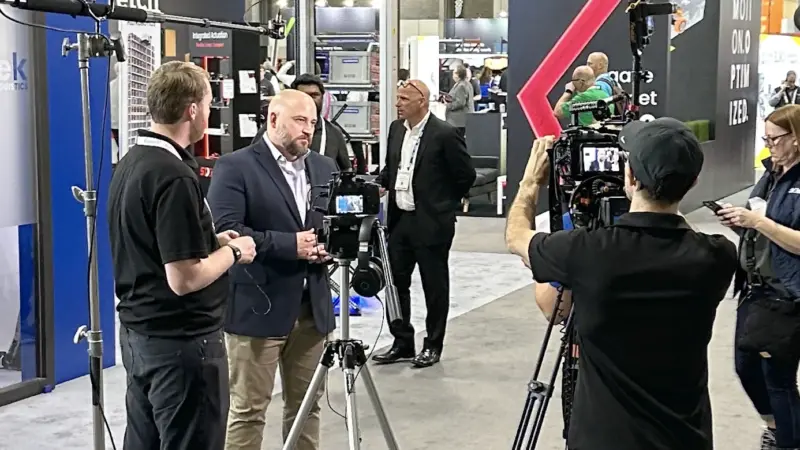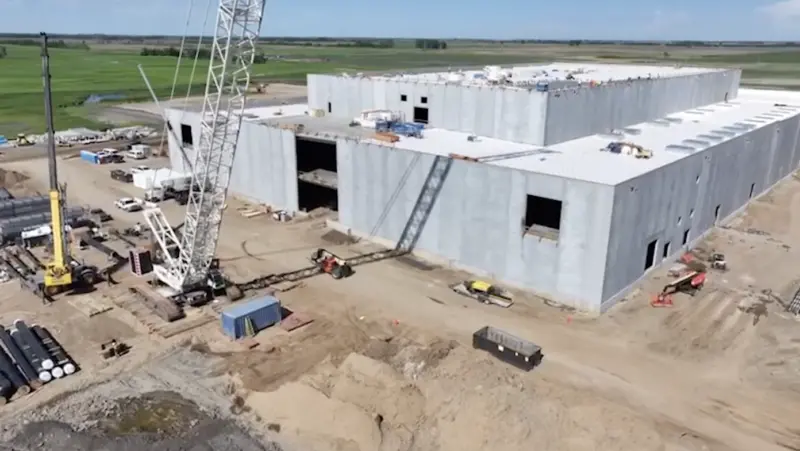Careers on the Move: Building Supply Chain Policy
“What I enjoy is bringing folks together to work collaboratively on solutions, including our members and partners like Cargomatic.”
While the supply chain is featured daily in the media now, it’s not something most people thought about before. That’s not the case for the latest guest on Careers on the Move. Jon Gold, Vice President of Supply Chain and Customs Policy for the NRF (National Retail Federation), lives and breathes it every day and has for decades. He offered insights into his role at NRF and why supply chain policy is critical to the retail world.
Gold never expected to become a lobbyist, studying international business in college. He interned for a trade association. After graduation, he began his career. “It was on the ground floor of a retail trade association. The real intersection of supply chain and trade happened post-9/11 with port security.”
After spending several years in lobbying positions, Gold worked for the Customers and Border Protection on implementing the SAFE Port Act. He then joined NRF in 2007. “What I enjoy is bringing folks together to work collaboratively on solutions, including our members and partners like Cargomatic. I’m passionate about trade and advising members on its impact and then relaying their messages to the right people in government.”
Gold noted that while the private sector runs the supply chain, the government is part of the ecosystem. “Government sets regulations at the national and local level. That can involve everything from creating better technology to environmental restrictions.”
Several bills are making their way through the legislature, impacting the retail supply chain. Gold mentioned the Ocean Shipping Reform Act, just passed by the House, and the new FCC (Federal Communications Commission) working group focusing on data and the supply chain. According to Gold, more policy changes to mitigate supply chain disruption are likely forthcoming.



